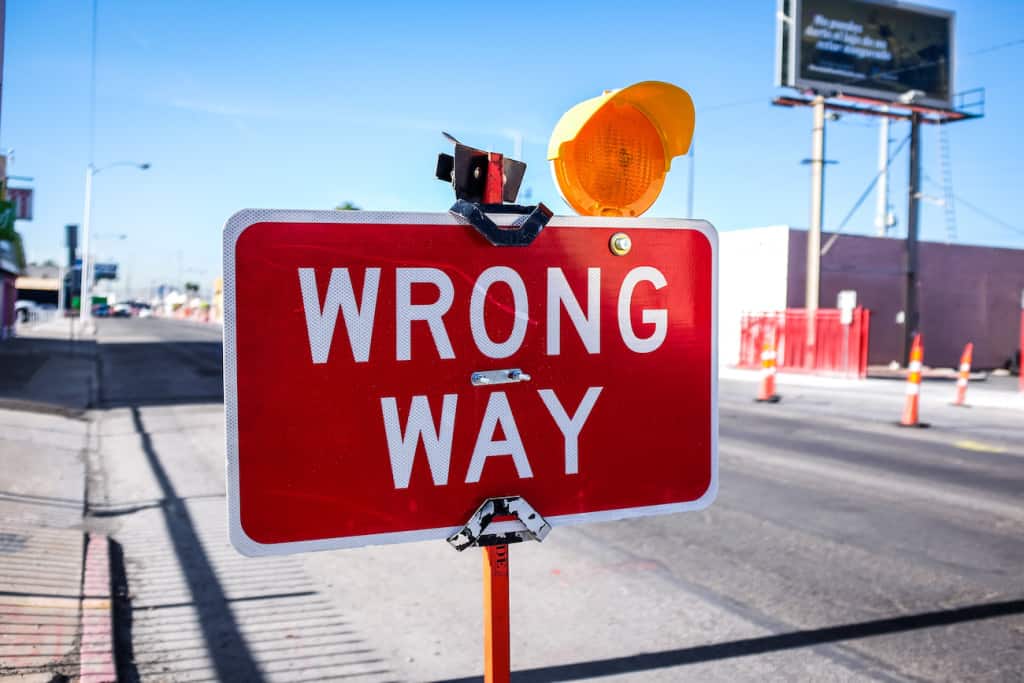The Busyness Balance
Congratulations! It seems that you are not too busy to read this article. This thought got me worried a bit as you could be one of the few living souls which is not “under the pump”; to a point where they cannot take a 10 minutes break and reflect with me on this well-known concept “lazy busy”.
So, thank you for taking some of your time and spend it reading these lines.
This article will come back later on this notion of choice, but firstly, let’s dive in a bit in our daily chitchat. Don’t you hear (and also say) these sentences repeatedly: “I am so busy! You have no idea” or; “There is so much to do, I don’t know for how long I will be able to keep up with things” and even; “I wish I could, but I don’t have time, I got too much on my plate”. False pretence or sincere burden, it is hard to tell as this is one of the diseases of our century. One might truly overwork him or herself as unfortunately, it is becoming easier and easier to overwhelm ourselves in this area of instant messaging and constant connection.
Aren’t you wondering why we are worked to the bone? What about all this sweat and labor – are they worthy? Are we achieving our goals and greatness, or are we solely occupying ourselves to numb ourselves and forget we are stalling? John Lennon was poetically saying:
“Life is what happen when we are busy making other plans”
Are we so occupied that we forget to truly live? And why, for which reason?
Be it Cambridge, Oxford or Collins, dictionaries all define the adjective “busy” as, working hard, having a lot of things to do.
This is profoundly interesting as it means that when we say: “I am busy”, what we truly want to say to others is “Look, I am working hard and I have many things to do”. Obviously, the former sounds less awkward and egocentric than the latter.
Could we simply be afraid?
Afraid of not being worthy? Not needed? Not capable? One of the reasons for some to be running off our feet is to be seen as important or necessary. A recent study published in Journal of Consumer Research demonstrates that the positive image given by one’s busyness is due to the correlation with desirable traits (competence and ambition) and profile’s scarcity. Therefore, if we are overactive, if we are loaded down, then we must and will be needed. We are now wearing a shiny medal of busyness that we can show at work or even with friends and relatives, bumping our social status to new heights.
Others may simply use it to escape duties or hard decisions. We are filling our time as much as possible, with tasks of limited meaning, to prevent us from thinking. It gives us an easy escape, we are not flying away our responsibilities, we just don’t have time to address them. Subtle nuance. And then, we can convince (lie to?) ourself that tomorrow (or next week, maybe next month, or better, next year) will be simpler, that we will be less occupied and finally be able to give some thoughts to what we have been postponing for so long. This asks the question, are we scared of getting outside of our comfort zone? Are we just busy to remain in our sameness and avoid taking the steps needed to become a better version of ourselves?
Being busy as also become a routine, even if we are not. We have convinced ourselves by constantly reminding it to others. It has become our mantra. Constant repetitions have reprogrammed our brain and we can now only continue to live in one condition – endless action (or even a turmoil). Indeed, it would drain, exhaust, empty anyone to live in this permanent restless state. Could it be that being busy is a cry for help, that we are not listening to? Jaded by our own busyness, could we misinterpret crying wolf and a sincere request for help? Time management is not the only thing that need to be sorted out to escape this physical and mental situation where we cannot pause. One can require significant efforts to sit down, clarify what he or she really wants and starts to self-manage. Many need to open up – to friends, colleagues, family or a coach, to find guidance. It can start with a simple “I am busy (and I need help)” – but the second part of this sentence is generally unspoken.
Busy is not all rosy – we all understand it. Then, does it mean we need to slow down? Probably. To which extent? At the opposite part of the “occupation state” spectrum, what are we finding? We might say laziness, but can it be good for us? To the contrary of busyness medal of merit, nobody wants the laziness dunce’s cap.
Funny enough, if the first meaning of lazy is the lack of willingness to work or use energy, the second definition given is that something characterised as lazy is also relaxed, do not require a lot of efforts. What if being lazy wasn’t so bad after all? Quite widely known quote (misattributed to Bill Gates) stated:
“Choose a lazy person to do a hard job. Because a lazy person will find an easy way to do it.”
Don’t interpret it wrongly, I am not in favour of procrastination, but instead I am completely for protecting time and energy. We could then be lazy, not for the sake of not doing things and remaining in bed all day long (although from time to time, this idea has its charm), but because we want to be mindful of of our well-being, of the balance we need to keep in our life. We commonly confuse effectiveness and efficiency. Doing our tasks accurately should not exclude us to perform them with minimum wasted effort, and vice versa.
Should we be lazy? Busy? I might sound cheesy, but I believe we should be ourselves. As often in life, it is not all-white or black – it is a balancing act. Beyond the productivity tricks and our monthly new year resolutions, what is key is to find what matters to you, and what doesn’t. Usually, people don’t really know themselves, their true-self, they only know the perception they have of themselves. They might chase the dreams of others as if they were their owns or; they live their life in “autopilot”, never asking what they truly want. Without knowing who we are and where we want to go, defining clear objectives, it is easy to be thrown off-balance and keep spiralling.
“Balance is not something you find, it is something you create” says the author Jana Kingsford. I couldn’t agree more. We are the master of our own destiny, we can break the busyness pattern by changing our thinking, decide that we are not busy, we are deciding that it is not a priority. In the end, there are the same amount of hours in a day for everybody – but each and everyone of us is deciding what to do with this time. The reality is that at every instant, we are choosing. We are not tied up to any work, obligation or celestian plan that is preventing us from doing something else. No, the harsh truth is that we decided on how to use our time and what was more important to do first. Our choices might be dictated by external factors, to such a point that we feel we don’t have the choice anymore – and this is where the lie is.
We always choose.
There lies the search for the balance. If we have clearly identified who we are and want to be, we will be able to acknowledge ourselves, forcing indirectly the acknowledgement and the respect of others. If we have clearly identified our priorities, we will exactly understand why we need to address them, build the courage and the motivation needed to tackle them – instead of constantly postponing them. If we have clearly identified our life goals, we will be able to find an inner-peace by noticing our progress.
Let’s conclude our discussion with a final quote from henry David Thoreau, in an attempt to summarise it: “It is not enough to be busy. So are the ants. The question is: what are we busy about?”.
About the Author: Lison Mage is passionate about achievement – and about helping people from all walks of life to lift their performance, professionally and across the board, which she carries out by giving individuals and teams the skills, tools and approaches to take their results to the next level, professionally and in all areas of their live.




